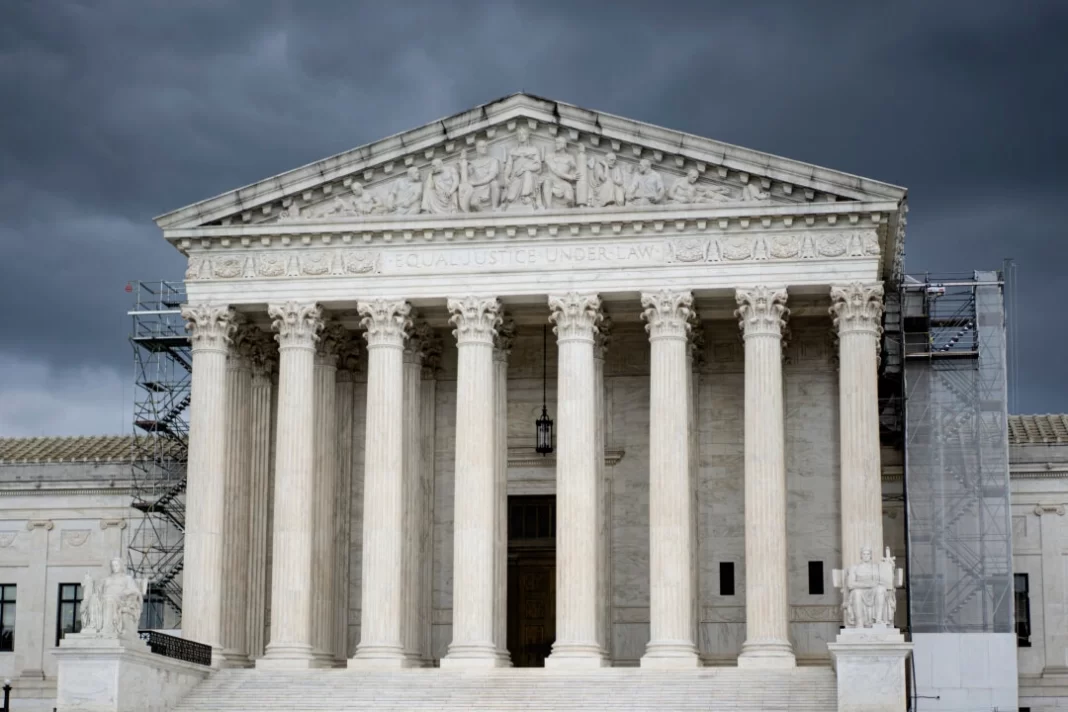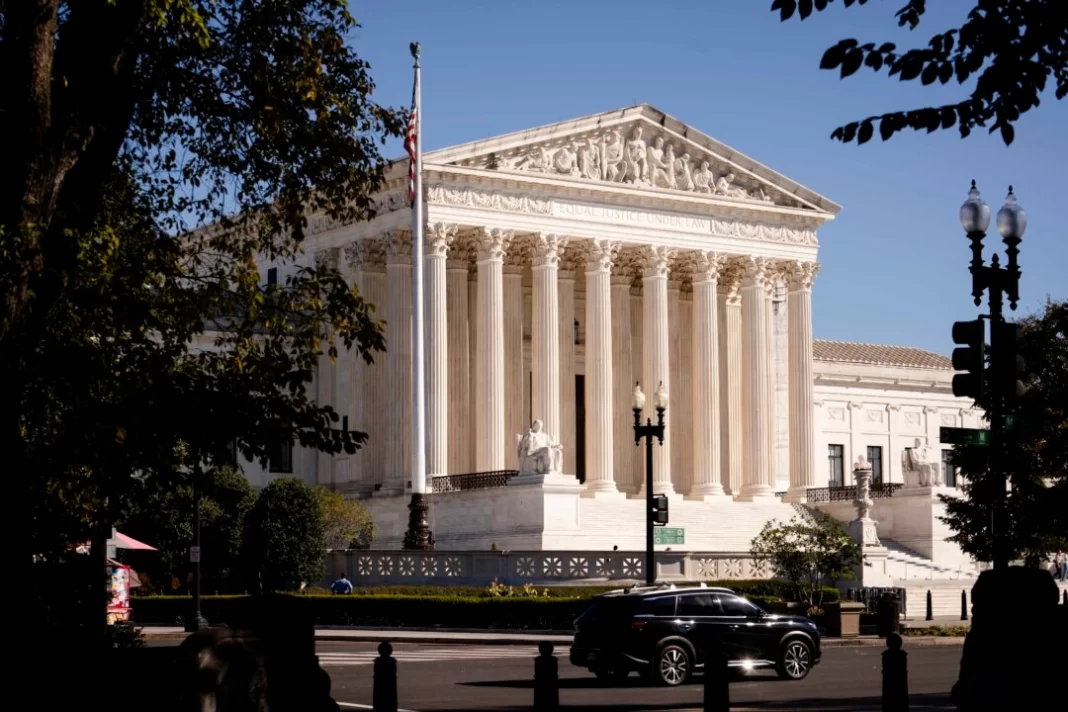A federal appeals court previously ruled that the Preventive Services Task Force’s structure made it unconstitutional.
The U.S. Supreme Court on June 27 ruled that the structure of a federal panel under Obamacare that issues mandates requiring insurers to cover preventive medical services without cost to patients is constitutional.
The majority opinion in the 6–3 decision in Kennedy v. Braidwood Management Inc. was written by Justice Brett Kavanaugh.
The decision reverses a federal appeals court decision that held that the structure of the Preventive Services Task Force was unconstitutional and its mandates therefore invalid.
“The Executive Branch under both President Trump and President Biden has argued that the Preventive Services Task Force members are inferior officers and therefore may be appointed by the Secretary of [Health and Human Services]. We agree,” Kavanaugh wrote.
“Under Article II [of the Constitution] and this Court’s precedents, the Task Force members are inferior officers. As a result, appointment of Task Force members by the Secretary of HHS is consistent with the Appointments Clause.”
Justices Clarence Thomas, Samuel Alito, and Neil Gorsuch dissented.
In the oral argument on April 21, the justices examined a provision in the Patient Protection and Affordable Care Act that allows the task force to make binding recommendations about preventive medical services, such as medications and screenings.
The Act, also known as the Obamacare statute, was enacted in 2010.
The task force, part of the Department of Health and Human Services (HHS), has described itself as “an independent, volunteer panel of national experts in disease prevention and evidence-based medicine” that works “to improve the health of people nationwide by making evidence-based recommendations about clinical preventive services.”
Members of the task force are appointed by the HHS secretary, currently Robert F. Kennedy Jr.
Texas-based Braidwood Management sued over mandates that the task force approved, to which the company expressed religious objections.
The mandates cover a wide variety of treatments, including HIV prevention medicine and sexually transmitted disease screenings.








